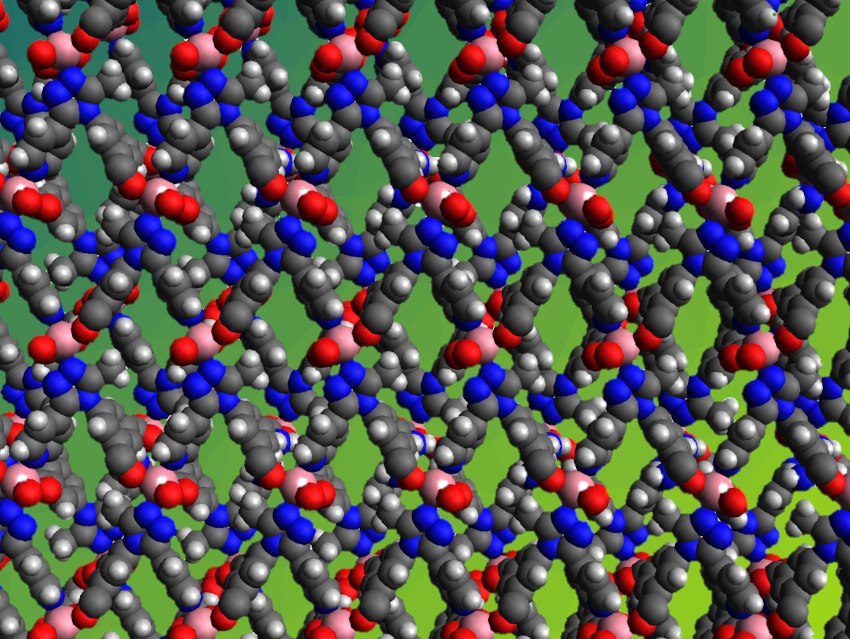Propylene is used, e.g., for polymer production in the chemical industry. Before use, it generally needs to be purified to remove propane and other impurities. This can be highly energy-consuming, and thus, alternative processes for the separation of propylene and propane could be useful. Metal–organic frameworks (MOFs) that can function as molecular sieves, i.e., let molecules either pass through or not based on their size, are promising materials for this application. However, for flexible molecules, an efficient separation can be challenging to achieve.
Weigang Lu, Dan Li, Jinan University, Guangzhou, China, and colleagues have developed a MOF called JNU-3a that acts as a molecular sieve for the separation of propylene and propane. The framework features one-dimensional channels that each feature multiple embedded molecular “pockets”. The pockets have a dynamic nature and open to propylene and propane at different pressures and, thus, provide the sieving sites. The gate-opening pressure of the pockets for propane is about five times higher than that for propylene at 303 K. The one-dimensional channels provide fast adsorption–desorption diffusion to make the overall process more efficient.
Using this MOF, high-purity propylene can be obtained from an equimolar propylene/propane mixture in a single adsorption–desorption cycle. According to the researchers, the material can achieve higher productivity and much faster diffusion kinetics compared with two benchmark MOF materials under similar conditions. The developed MOF can be regenerated using a helium flow.
- Orthogonal-array dynamic molecular sieving of propylene/propane mixtures,
Heng Zeng, Mo Xie, Ting Wang, Rong-Jia Wei, Xiao-Jing Xie, Yifang Zhao, Weigang Lu, Dan Li,
Nature 2021.
https://doi.org/10.1038/s41586-021-03627-8




